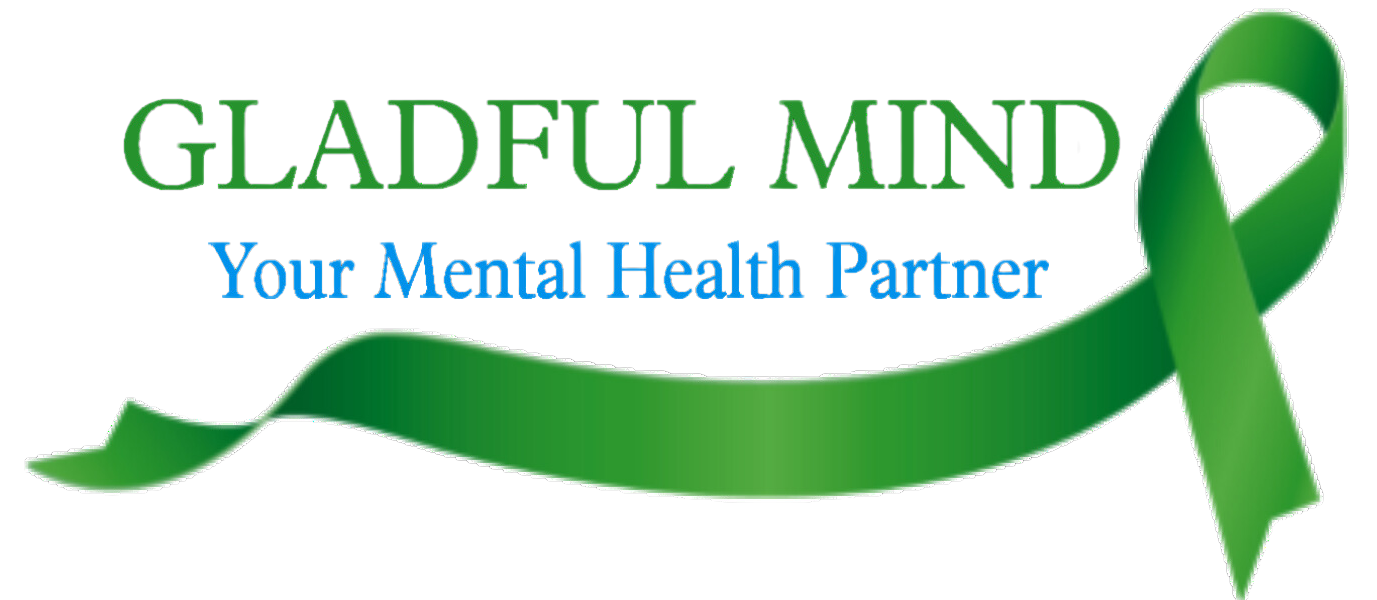Bipolar Disorder
Bipolar disorder, formerly known as manic depression, is a mental health condition characterized by extreme mood swings. These swings include emotional highs (mania or hypomania) and lows (depression). Hypomania is a less severe form of mania. During depressive episodes, individuals may feel sad, hopeless, and lose interest or pleasure in most activities. In contrast, manic or hypomanic episodes are marked by feelings of euphoria, excessive energy, or irritability. These mood swings can affect sleep, energy, activity levels, judgment, behavior, and the ability to think clearly. Episodes can occur rarely or frequently, lasting from days to weeks. Some individuals experience long periods of emotional stability between episodes, while others may have rapid mood swings. There are three types of bipolar disorder, including:
Bipolar I Disorder: This type is defined by manic episodes that last at least seven days or by manic symptoms that lead to hospitalization. Depressive episodes also occur and typically last about two weeks. Additionally, having depressive symptoms and manic symptoms at the same time (episodes of depression with mixed features) are also possible.
Bipolar II Disorder: Defined by depressive episodes and hypomanic episodes, bipolar II disorder consists of less severe episodes than the manic episodes experienced with bipolar I disorder.
Cyclothymic Disorder: This type also called cyclothymia, although rare, is defined by recurrent hypomanic and depressive episodes that are milder than those experienced with other types of bipolar disorder.
The main characteristic of people living with bipolar disorder is that they suffer under the weight of two intense emotional states, clinically known as mania and depression. Everyone’s bipolar disorder symptoms are different, with the severity of mania and depression varying from person to person. Bipolar disorder can occur at any point in life, with more than half of all cases occurring between the ages of 15 and 25.
People with bipolar disorder may experience the following manic symptoms:
Intense euphoria, Hurried speech, Racing thoughts, Increased agitation or irritation, Engaging in risky behaviors, including substance abuse, Decreased need for sleep
Depressive phases of bipolar disorder have the direct opposite effect. People with bipolar disorder in the depressive phase may experience the following symptoms:
Fatigue, lethargy, or physical weakness, Extreme sadness, often leading to suicidal thoughts or behavior, Sleep problems of either too much or too little, Low appetite or increased appetite, Loss of interest in activities once considered enjoyable, Increased irritability and heightened aggression, Chronic pain with no known cause
Bipolar disorder can also include seasonal affective disorder (SAD) or having moods that change with the seasons. People with bipolar disorder that experience SAD may become manic or hypomanic in the spring or summer, become depressed in the fall or winter, or vice versa. If left untreated, bipolar disorder can result in severe episodes of either mania or depression that can be life-threatening.
Treatment
Many people with bipolar disorder don’t get the treatment they need, but they can’t get better on their own. Receiving proper care at a bipolar disorder treatment center like Gladful Mind with experts who have experience in the effective treatment of bipolar disorder helps clients get their symptoms under control, allowing them to have long-lasting and sustainable health and happiness. As part of our bipolar disorder treatment programs, our mental health professionals develop specialized treatment plans that best address each client’s needs by incorporating the most successful evidence-based therapy methods and healing techniques. Our holistic approach allows clients to strengthen and develop their understanding of their diagnosis. Our mental health professionals also help clients better manage their bipolar disorder symptoms using various types of therapies including individual, family-focused, and group therapy sessions in a calming and therapeutic environment. Additionally, treating bipolar disorder may require the concurrent management of coexisting mental health disorders or addictions to alleviate symptoms appropriately. For individuals with bipolar disorder complicated by a drug or alcohol addiction, we treat dual diagnosis at our bipolar disorder treatment centers.
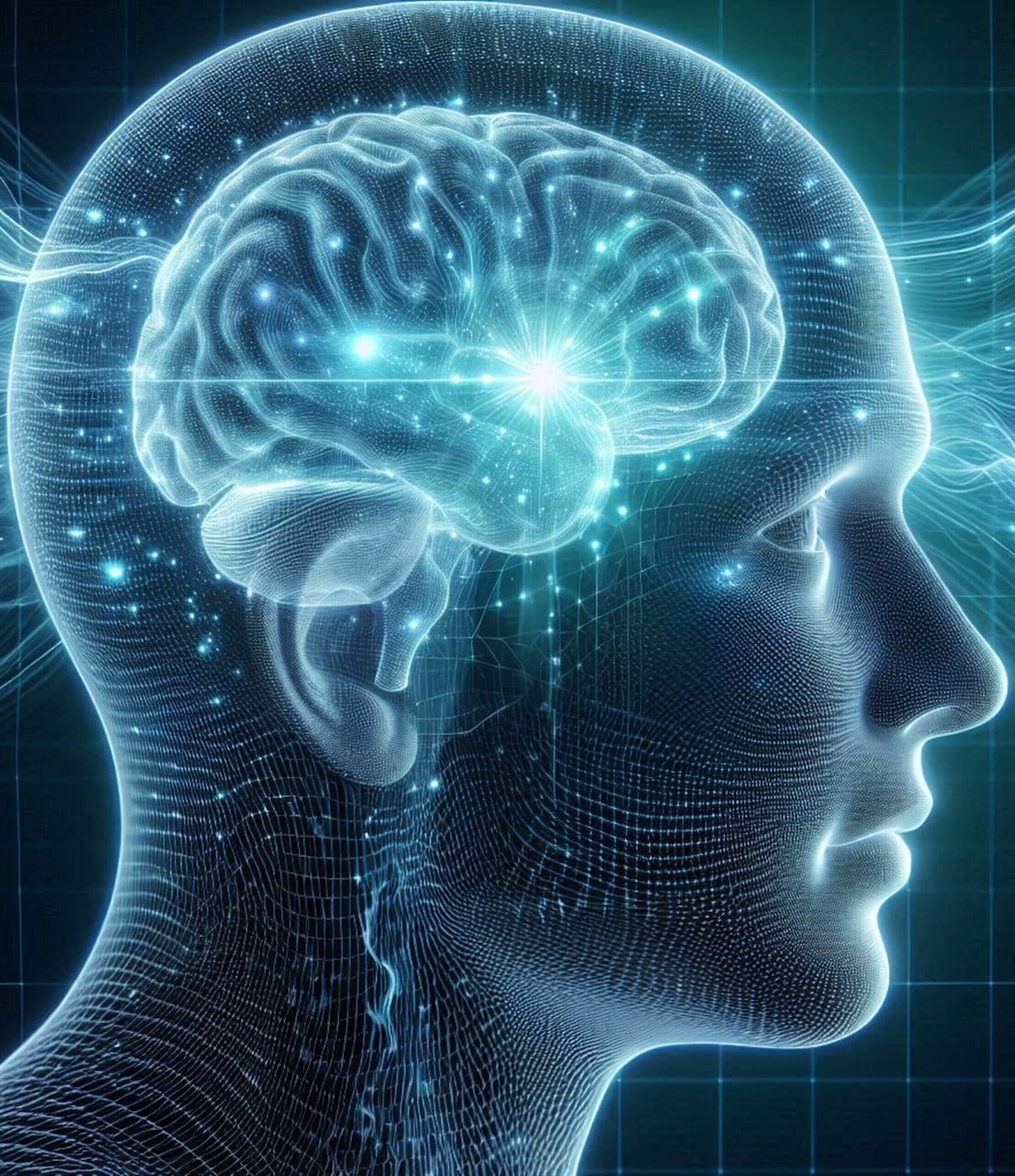
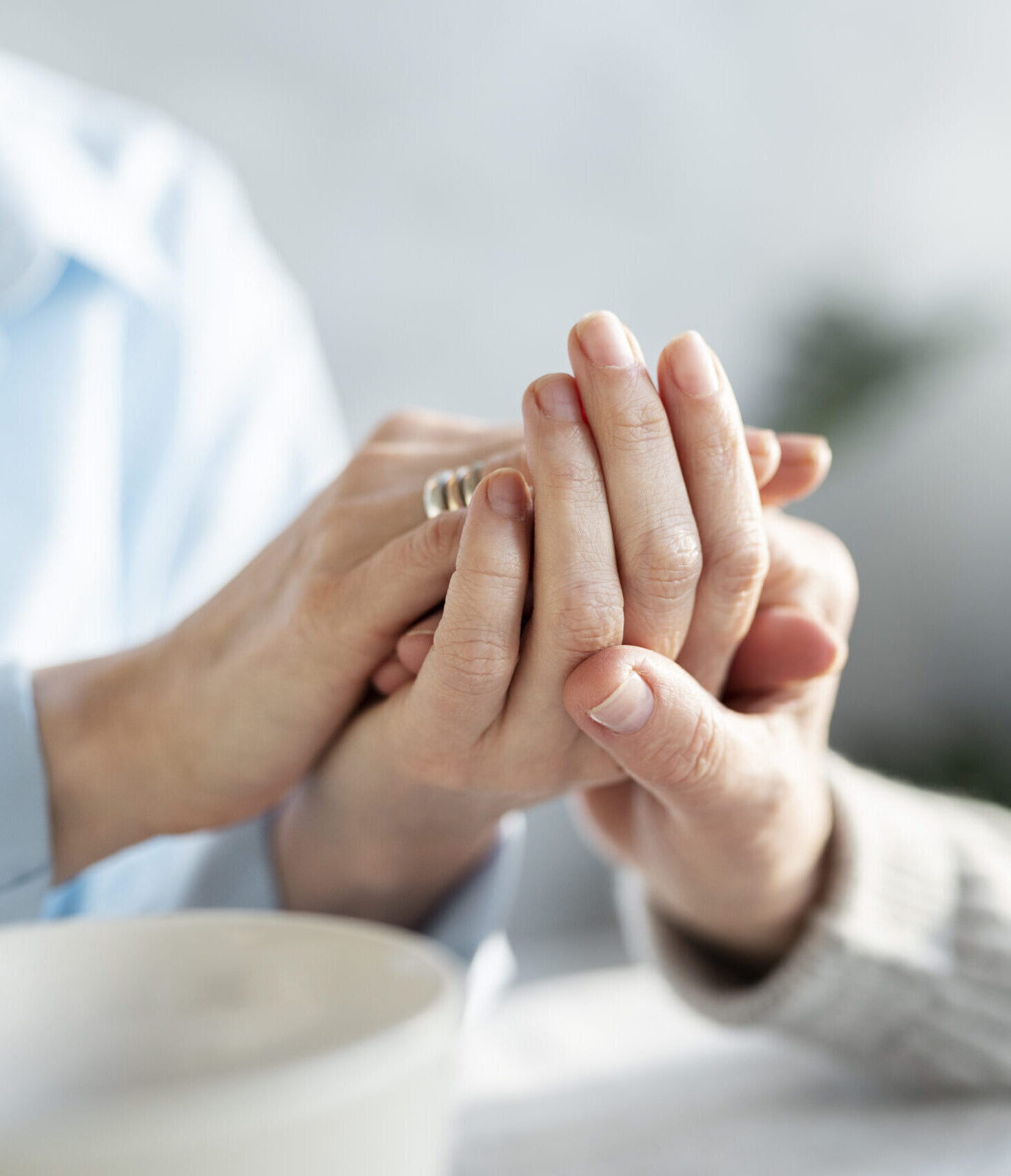




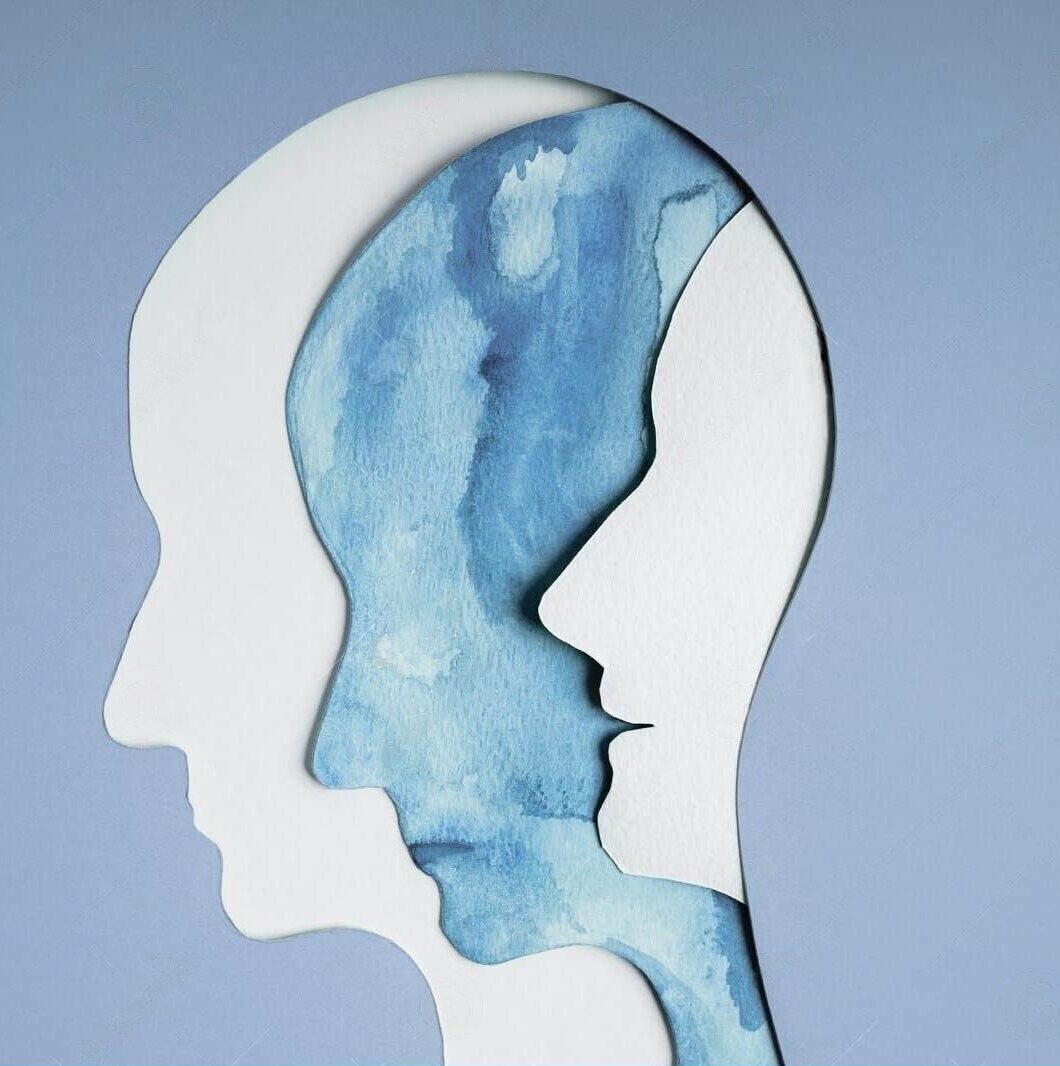
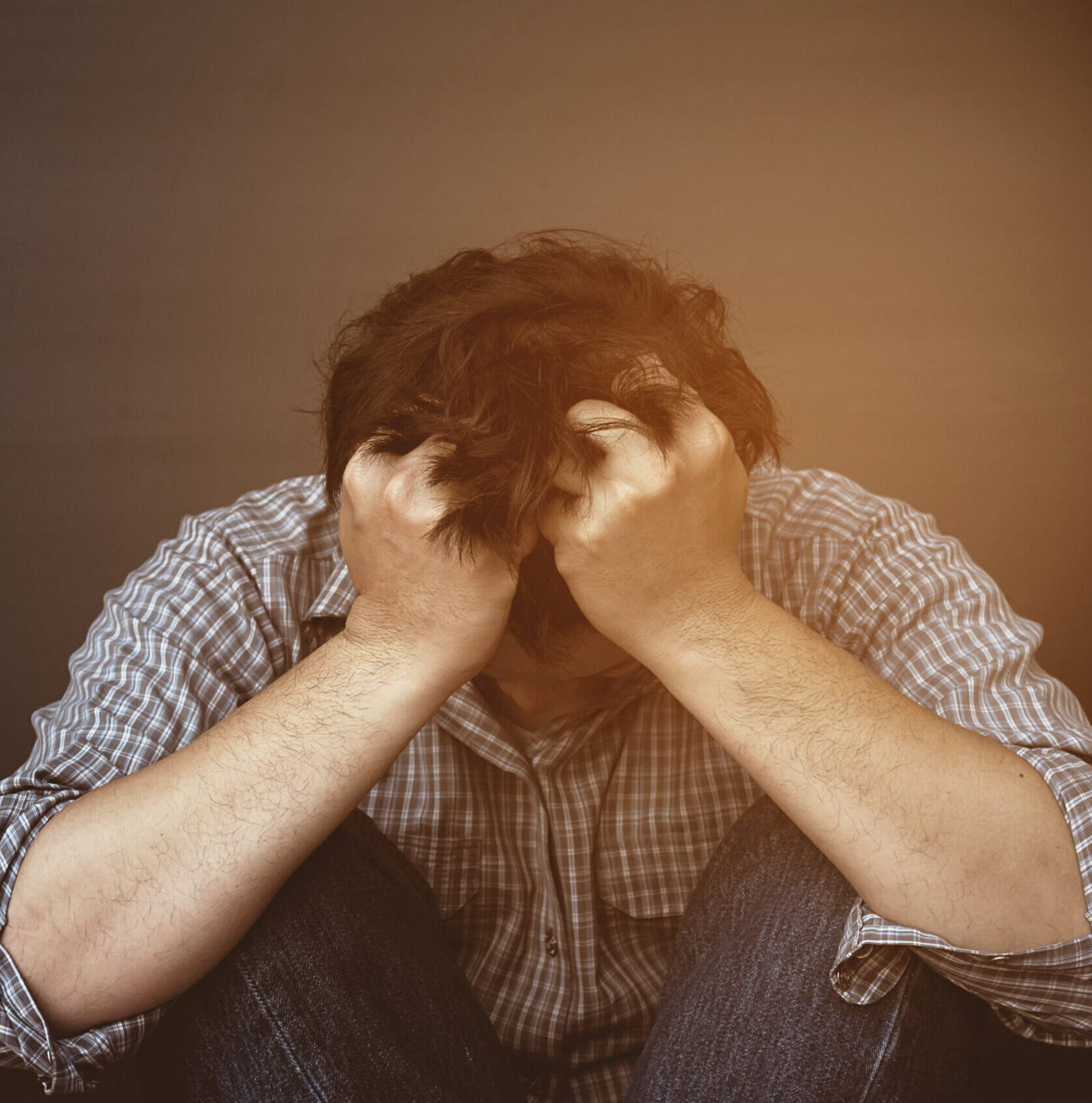
FAQs
Unfortunately if left untreated, the answer is yes. That suicide is the number one cause of premature death among individuals with bipolar disorder, with 15% to 17% taking their own lives because of the harmful symptoms that result from an untreated illness. The extreme depression and psychosis that can result from a lack of bipolar disorder treatment is usually the culprit in these cases.
Bipolar disorder is common in India, affecting around one in every 150 people, but 70% of those people don't receive wright treatment.
Thoughts about suicide and acting on these thoughts are common for people with bipolar disorder. If you're thinking about hurting yourself, or if you have a loved one who is in danger of suicide or attempting suicide, get help. You can let a family member or friend know, contact a suicide hotline, call 100 or your local emergency number, or go to the emergency department.
This disease is treatable, but it takes time depending on the level of mental illness. Gladful mind provides evidence-based, individualized schizophrenia treatment that helps our clients achieve lasting growth and recovery and empowers them to live fulfilling, productive, and independent lives.
It is difficult to prevent bipolar disorder without a good mental health specialist. If you or someone in your family is suffering from bipolar disorder, seek help from the experts at Gladful Mind Center without any delay. It is possible to prevent bipolar disorder only with treatment done in the right direction at the right time.
Side effects of bipolar disorder medications are common and vary by medication. It’s important to talk with your healthcare provider about what you can expect when taking certain medications. It’s also important to tell them if you’re experiencing side effects.
Never stop taking your medication unless your healthcare provider tells you to do so. Abruptly stopping medication can cause severe side effects and trigger severe episodes. You can also call Gladful Mind center and get proper guidance.
The most common side effects of bipolar disorder medications include:
Weight gain.
Metabolic dysregulation, including abnormal lipid levels (dyslipidemia), high blood pressure (hypertension) and high blood sugar (hyperglycemia).
Drowsiness.
Akathisia — feelings of restlessness and agitation with a compelling need to move, rock or pace.
Clients reviews
Thank you for choosing Gladful Mind mental health center. Let's take the first step towards a happier, healthier mind together!

